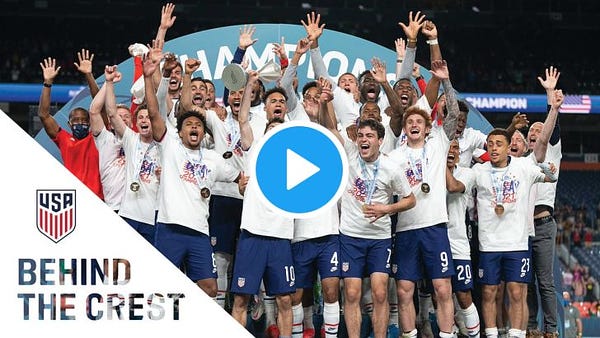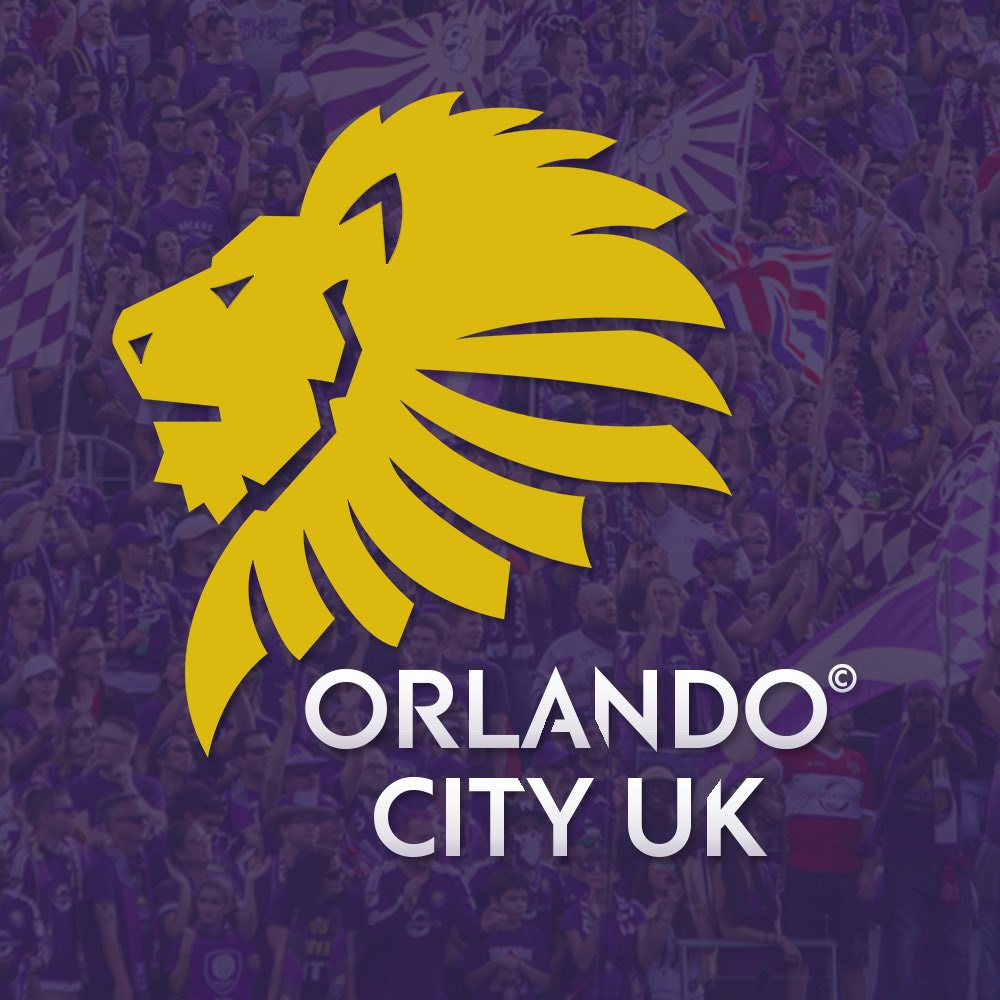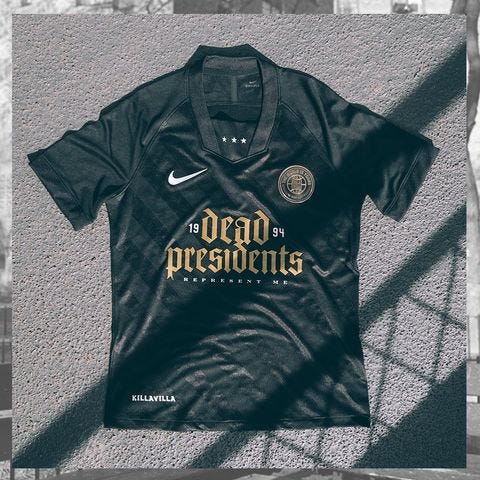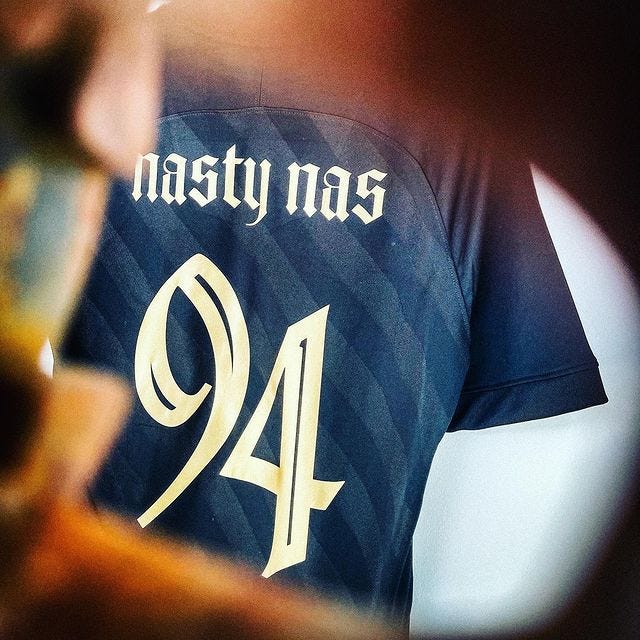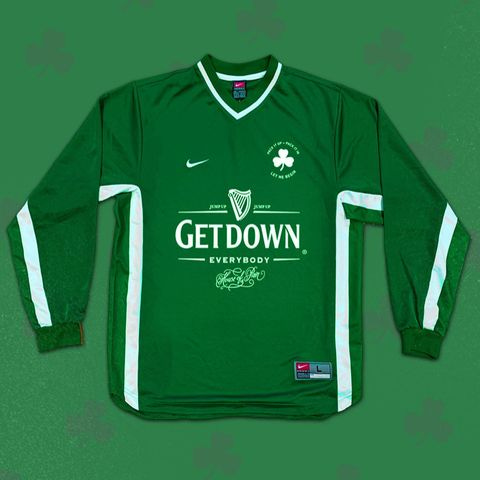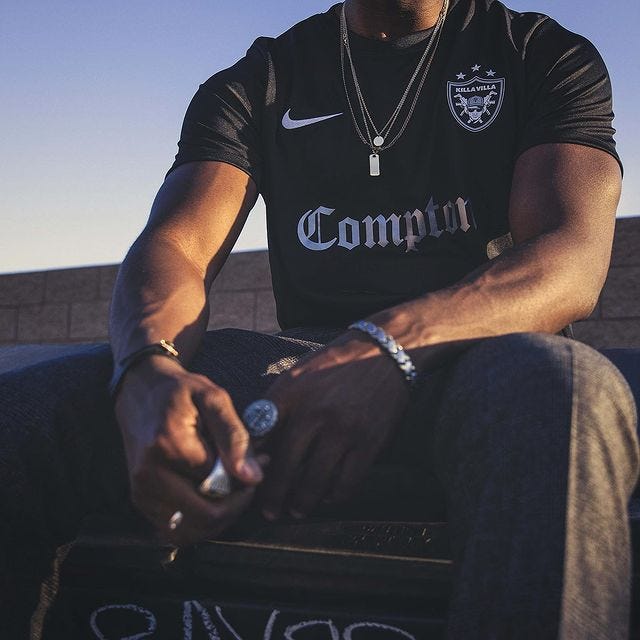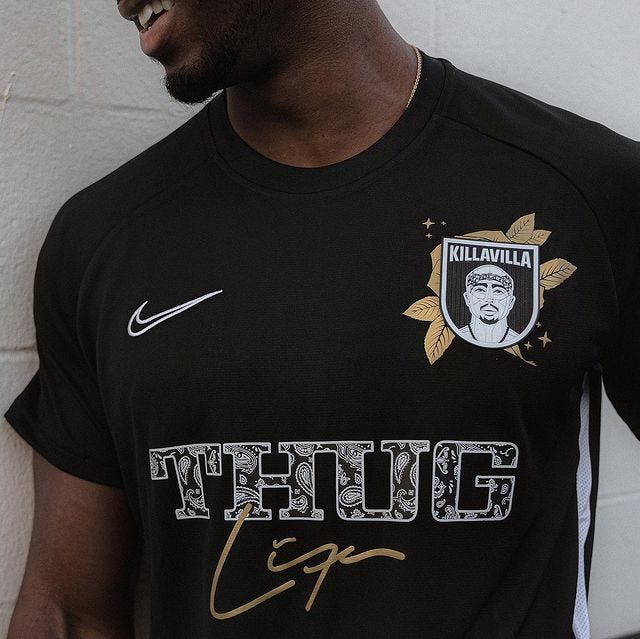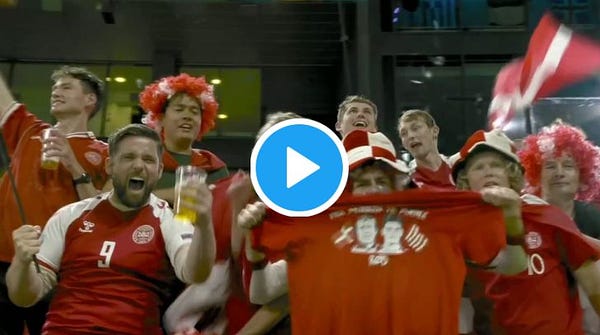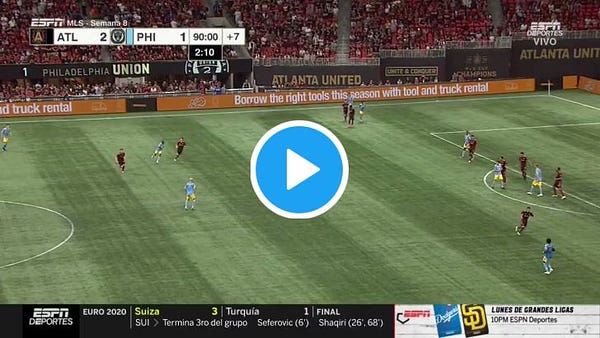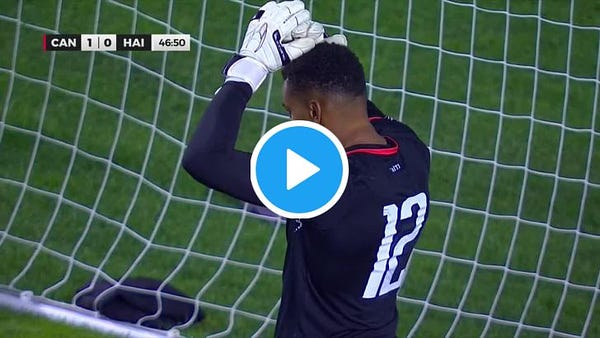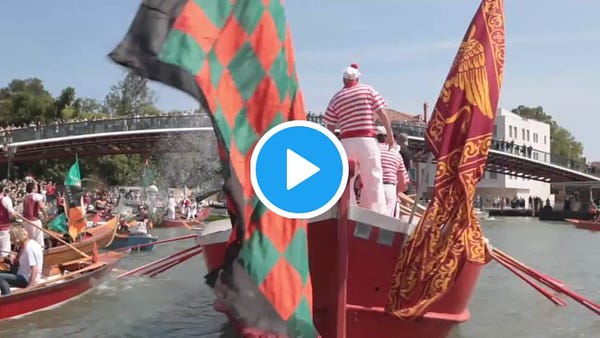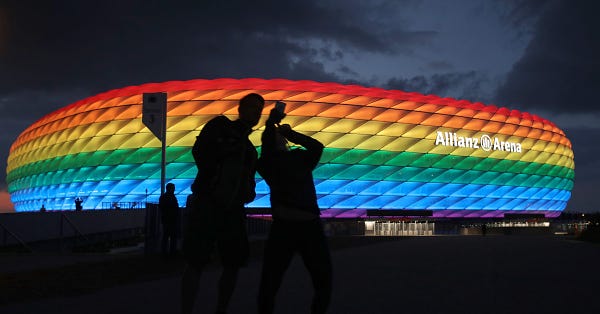Up All Night With MLS
In the United Kingdom, a band of dedicated fans enjoys Major League Soccer after dark as an alternative to the Premier League
Joe McBride and his friend James Forrester wanted to see if Gonzalo Higuain would score.
So they stayed up. Inter Miami and CF Montreal had kicked off in Ft. Lauderdale a bit after 7.30pm on the East Coast on May 12. But the game was stopped because of lightning just after the second half began. The hostilities didn’t resume until 10.45pm—about 2 ½ hours later. When the game finally ended after 11.30 p.m., the star-studded crowd—including co-owner David Beckham, DJ David Guetta and boxer Tyson Fury—had been at the world’s acronymiest stadium for almost five hours.

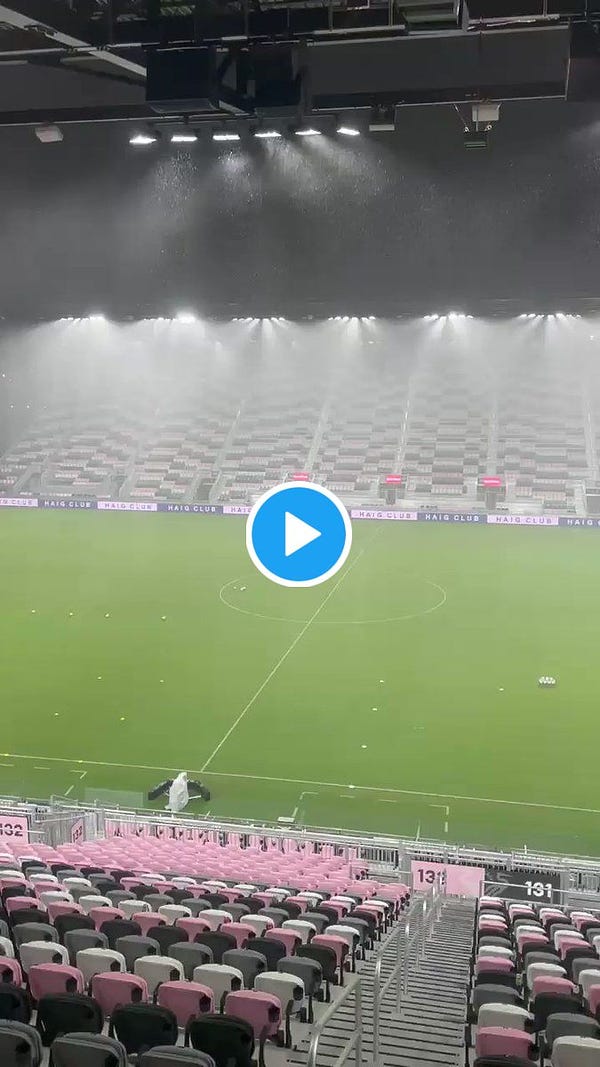
Joe and James watched until the end. From their homes. In England. Where it was 4.30 a.m. Judging from Twitter, they weren’t alone.
There’s no telling exactly how many MLS fans there are in the United Kingdom. But the league’s games have aired on some of the biggest sports broadcasters there for years. And from what little data is out there, the audience might be in the tens of thousands.
Considering that the UK is the home of the world’s most popular sporting circuit of any kind, the Premier League, and surrounded by all manner of other legacy soccer leagues, it seems curious that MLS should occupy this niche. It’s akin to an American wine finding a cult following in France. Or a Mexican-made car holding German devotees in its thrall.
But those fans are finding something in MLS that they’re not getting elsewhere. To McBride and Forrester—fans of Toronto FC and Atlanta United, respectively—the appeal is manifold.
McBride, a 22-year-old sports journalism student at the University of Brighton who became a fan in 2007 after David Beckham joined the LA Galaxy, appreciates the peaceful gameday experience when he’s been to matches. The tension and occasional violence of major English clashes put him off, although he still watches the Premier League obsessively.
“The MLS has an ‘arcade’ feel to it, and the fan dynamic, the coverage and the style of play is completely different,” he says. “But it is this difference that piques my interest.”
The league’s late-night kickoffs, in his time-zone, actually appeal to him. He, Forrester and other friends often stay up and watch the games while they’re apart. They’ll get on a conference call to chat about what they’re seeing. MLS is a quasi-social, late-night experience to them.
James Graham, who is in his early 30s and works for a mobile telecom company in Gloucestershire, became a DC United fan when the 14-year-old phenom Freddy Adu signed there in 2004. It rekindled an interest sparked by Jaime Moreno, who had left Graham’s favored Middlesbrough for the MLS club in 1996 and became a legend there. So Graham combed the internet for whatever DC United clips he could find.
Eventually, Graham went to several home games and started the DC United Kingdom Supporters Group. He produces a podcast about the team with several hundred listeners and runs a Twitter account.
Graham is drawn to some of the league’s quirks that seem to offend self-styled soccer purists stateside. “MLS has something that no other league has,” he says. “It’s just so unique with the conference style of competition, the draft system and add the fact that anyone can win the league. It feels like there is no true dominant team.”
The access offered by the league also speaks to Graham. United’s manager and several star players have made appearances on his podcast—unthinkable for a fan-produced show about a major English team.
Taylor Williams, likewise, is treated to special favors by Orlando City whenever he crosses the pond for a home game, like behind-the-scenes access. Williams, a 31-year-old copywriter from Warwickshire, runs Orlando City’s UK fan club of 59 members and its attendant website.
He spent holidays in Central Florida as a child, making him an instant Lions fan once the team was added to the league. Now, in the club’s seventh season, Williams estimates he has stayed up to watch 90 percent of its games live. One game in Vancouver kept him up until 5am, with the sun rising and the birds chirping outside. So he simply got ready for work and went about his day.
Dan Berridge, who works with disabled children in Nottingham, understands this well. He, too, is an Orlando City fan—from back in its minor league days. He has been running his own Orlando City-themed website for a UK audience, the English Lion, which he says gets thousands of pageviews and keeps him up until all hours.
He feels a sense of kinship with the club, a kind of community that just happens to be really far away from where he lives. “Whenever I’ve been to Exploria Stadium, people are so excited that there’s such a strong supporter base in the UK,” Berridge says. “I’ve met some incredible people, and been invited on podcasts to talk about the club. I personally feel very accepted within this fan base. It’s given me so much, and I honestly can’t imagine my sporting life without this amazing club. That’s why I stay up all night to watch their games.”
Berridge, like Graham, now watches more MLS than he does Premier League. Because the stateside league has different selling points, resonating with a different kind of viewer—even one surrounded by all the elite soccer you could wish for.
“I think attitudes in Britain are changing towards MLS,” Berridge says. “There is an entire MLS UK community. We love this league, and want it to continue its growth.”
A little bonus thing…
After I wrote about American soccer’s thriving jersey culture in my first and third newsletters, I heard from a company called Killa Villa. It makes kits based on hip hop culture. And, well, just see for yourself.
Soccer miscellany:

